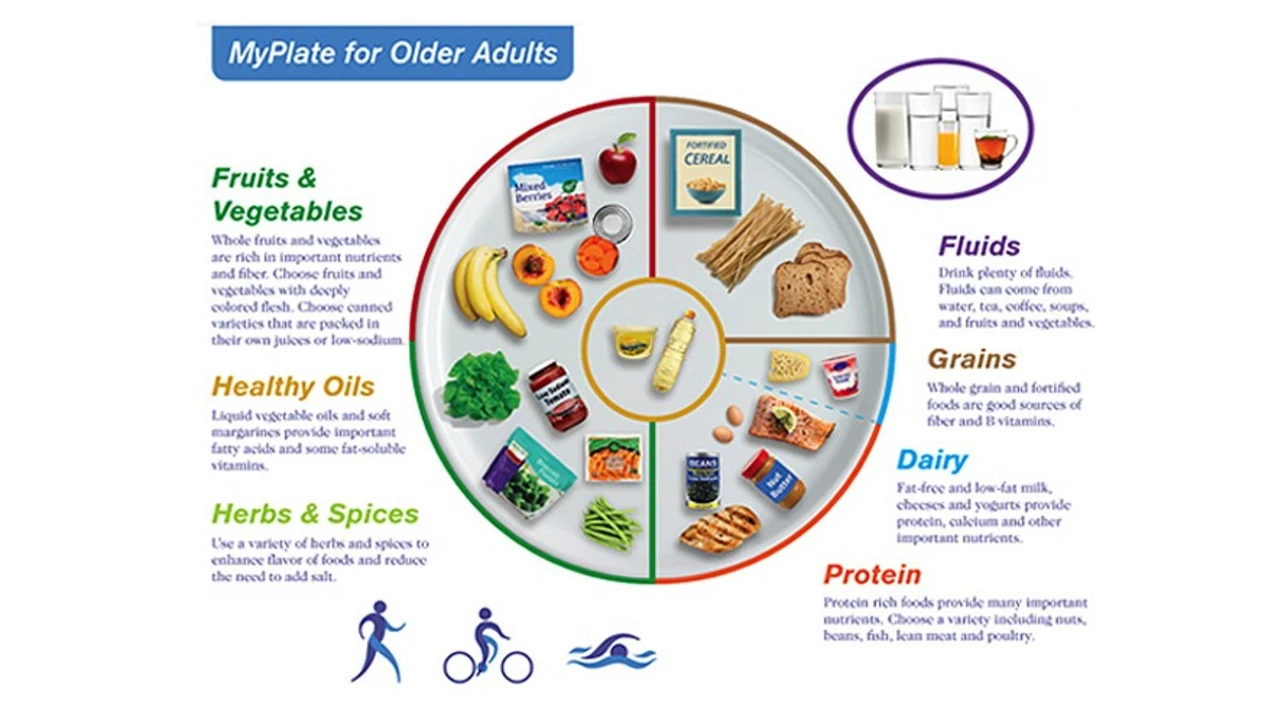Butternut: a practical guide for your kitchen and your health
Ever wonder if butternut squash is worth the fuss? Short answer: yes. It’s affordable, easy to cook, and packs useful nutrients without a lot of calories. Below I’ll show you how to pick a good one, simple ways to cook it, and a few real medication notes so you can enjoy it safely.
Nutrition and health benefits (and what to watch for)
Butternut is a great source of beta‑carotene (your body turns that into vitamin A), vitamin C, fiber, and potassium. One cup of cooked butternut runs roughly 80–100 calories and gives filling fiber that helps steady blood sugar after meals — useful if you manage diabetes. The potassium can help with blood pressure, but that also means a heads-up if you’re on ACE inhibitors, ARBs, or potassium‑sparing diuretics: eating a lot of high‑potassium foods plus those drugs may raise potassium too high. Ask your doctor or pharmacist if you’re unsure.
If you’re taking isotretinoin (Accutane) or other high‑dose vitamin A medications, don’t pile on vitamin A supplements. Food sources like butternut are generally safe, but avoid extra high‑dose vitamin A pills while on those drugs. For people on blood thinners like warfarin, butternut is low in vitamin K and usually won't interfere, but always check with your clinician when you change your diet.
Pick, store, and cook — easy tips you can use tonight
How to choose: pick a squash that feels heavy for its size and has firm, matte skin with a consistent tan color. Avoid soft spots, deep cuts, or mold. Whole butternut stores well — keep it in a cool, dark spot for 1–2 months. Once cut, wrap and refrigerate for 3–5 days or freeze cooked cubes for longer.
Quick cooking ideas: roast, mash, or make soup. For roasting, peel and cube, toss with a bit of oil, salt, and pepper, and roast at 400°F (about 200°C) for 25–40 minutes until caramelized. For a fast side, microwave cubes 6–8 minutes until tender. Puree with a little broth and ginger for a simple soup. Want a sweeter profile? Roast with a drizzle of maple syrup and a pinch of cinnamon.
Canned and frozen butternut are fine shortcuts. Check labels: canned versions can have added salt or sugar. Frozen usually keeps nutrients well and speeds up prep time.
Final tip: if you have diabetes, high blood pressure, or take regular meds, try a small portion first and monitor how you feel or how your glucose reacts. When in doubt, a quick call to your pharmacist will clear up most concerns. Butternut is a simple, flexible vegetable that works in savory and sweet dishes — give it a try this week.

